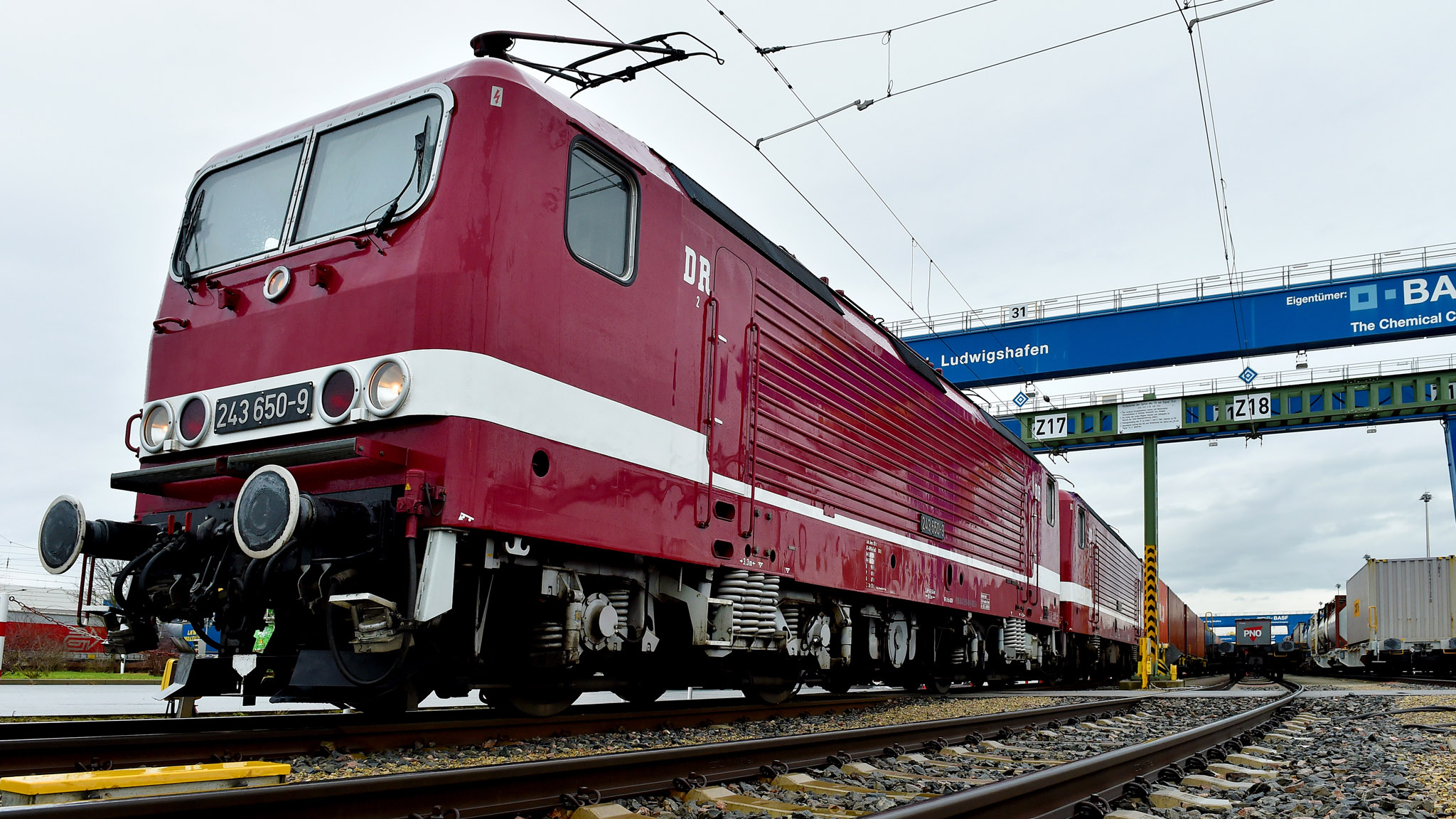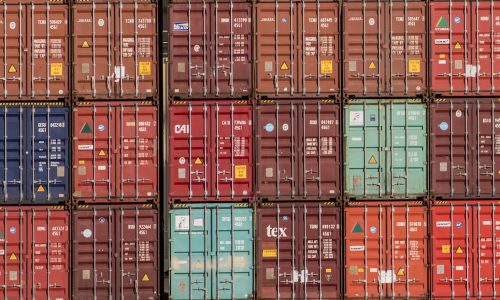A leading French politician has seen for himself the Port of Le Havre’s preparations for Brexit, an investment totalling €1.75m
Clément Beaune, Secretary of State at the French Ministry for Europe and Foreign Affairs, was able to determine the current status of the Brexit arrangements implemented in the port.
These included both to the necessary infrastructure and the proposal for an additional transit solution for services between France and Ireland.
In cooperation with the official authorities and Brittany Ferries, HAROPA – Port of Le Havre presented the work done with the whole range of actors and partners involved in traffic flows to and from the UK and in checks on entries to, and departures from EU territory.
The future relationship between the European Union and the UK is still under negotiation. The transition period is to end on 31 December 2020 and new rules will apply starting on 1 January 2021.
A HAROPA spokesperson said: “The possibility of a hard Brexit cannot be ruled out at this stage and it is therefore necessary to put goods checks in place at the border, which will entail an obligation for businesses to complete import and export declarations as well as obtaining, where appropriate, sanitary or phytosanitary certificates, etc.
“In addition, whatever the nature of the relationship that follows the transition period, the Port of Le Havre will once again be a physical border between the UK and the EU for people and goods entering the single market.”
This will entail: the return of customs checks on goods; an obligation to carry out veterinary, sanitary and phytosanitary inspections of goods of plant or animal origin; a probable strengthening of immigration controls on travellers (French border police – PAF).
Baptiste Maurand, CEO of the Port of Le Havre pointed out: “Our priority at Le Havre port has been to put everything in place, in conjunction with our partners, to ensure that goods throughput continues to be fluid, especially for imports, seeking to ensure that inspection times are short so that congestion can be avoided at the terminal”.
As early as September 2018, the port began to prepare its response to the challenges of Brexit by:
- ensuring good coordination between the Le Havre port complex and the Normandy ports,
- developing essential infrastructure (offices and checkpoints),
- preparing for the processing of documentary and physical flows.
The various postponements of Brexit have enabled Le Havre to consolidate the initial measures (begun as long ago as 2018 for the first deadline on 31 March 2019) by organising for the long term with oits partners in the port community and rolling out permanent infrastructure.
The project has been structured around two core programmes for seamless goods flows:
Organisation of documentary flows based on the advance customs clearance system (clearance during the crossing rather than on arrival at the terminal): the smart borders system (SI BREXIT) implemented by customs allows the status of goods to be identified and thereby the determination and issuance – or non-issuance – of permits for exit from the unloading terminal;
Organisation of physical flows: development work carried out at the Port of Le Havre is a response to the need for additional checks (customs, border police, veterinary and phytosanitary inspections) in order to avoid any congestion at the terminal caused by possible vehicle tailbacks (heavy goods vehicles in the main),
Construction work has been carried out by the management body for the facility operated by the French veterinary and phytosanitary inspection department (SIVEP), and this is now capable of processing trailers as well as containers.
Taken together, all the measures implemented by the Port of Le Havre in preparation for Brexit total €1.75m.

